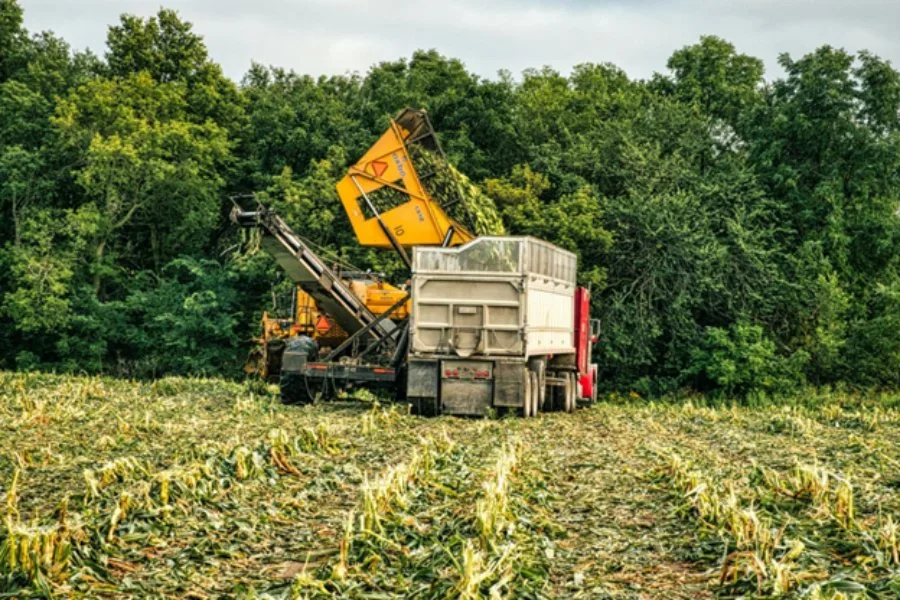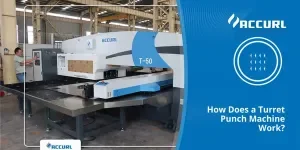Industrial automation machinery has been around for many years. But due to the advent of technology, small business owners have found more efficient ways to automate their businesses.
Today, small businesses have more options on what to automate and how to automate their business processes. This article will discuss the various factors to consider when automating a small business and give helpful tips.
Table of Contents
Why automate a small business?
What to look for when automating a small business
What types of business can be automated?
Conclusion
Why automate a small business?
According to a study by Deloitte, an estimated 2.4 million position gaps exists in the skills gap globally from 2018 to 2028. This means there’s a dire need for automation to fill the gaps left in the workforce.
There are many ways to automate small businesses. However, it’s necessary to follow specific procedures to ensure the industrial automated machinery is works without incurring losses.
Steps of automating a small business
Industrial machinery automation for all businesses is gaining popularity thanks to modern technology. Here are steps to help automate a business.
Choose the tasks to automate
Choosing the right tasks to automate is essential for a business. In other words, business owners shouldn’t automate every process because not all processes need automation. The rule is to run automated production machinery on repetitive and time-consuming processes.
Choose the best automation tools
Once you have figured out which tasks to automate, choose the required tools needed for the job. No doubt, there are many available tools for industrial machinery automation in the market. Nonetheless, ensure to go for the most suitable machinery and tools for your business.
Set automation targets
Before setting up industrial automation machinery, business owners, managers, etc., need to set targets. Also, ensure that the targets set are achievable and measurable. Additionally, if you automate a process that people were working on before, ensure the time feed is used on other things that can improve the efficiency of the business.
Track the results
After setting the targets, one can track the results within a given timeframe. These results will help users fine-tune the industrial automation and improve the process—realizing that industrial machinery automation will increase production and profit margins.
Create an automation culture
After getting the hang of the automation process, users can easily automate other processes in the company. Here’s a list of automation trends to watch and consider.
Automation of small factories
Small factories can also benefit from industrial machinery automation, enabling faster and more effective processes. For instance, small factories can use conveyor belts to load and unload products instead of forklifts. The OEM factory custom PVC belt conveyor system is suitable for small factories. It carries a minimum of 83 kgs per minute, has a lead time of sevens for one set, and is made of heat-resistant material.
What to look for when automating a small business
When automating a business, consider the do’s and don’ts. For example, in most small businesses, users can automate the marketing process by having automatic email campaigns for their clients. They can also automate social media postings and internal communications.
According to McKinsey, Artificial Intelligence will turbocharge the forecasts of failure, reduce downtime/operating costs, and save businesses up to $100 billion.
The areas that a small business can automate include;
- Marketing
- Finance
- Supply chain
- IT
- Production
- Product development and flaws detection
- Customer service
- Sales
Factors to consider when automating a small business
Human involvement
If a repetitive task uses up most of the business’ human resource power, such as data input, which people can automate, the company will lose a lot of time and resources. But automating such repetitive tasks frees valuable time and human resources for other vital aspects of the business, like customer service.
The complexity of the task
Some tasks are easy to automate, while others are more challenging. So, it’s critical to consider the complexity of a job when automating a small business.
The complexity of a task may be determined by the following;
- The number of processes needed
- The people needed to do the task
- The number of systems used to complete the task
Complex tasks are harder to automate, so small businesses are better off starting with the automation of more straightforward tasks.
The amount of work needed
Humans can only work for a limited amount of time, but machines can work around the clock. Therefore, when automating a small business, one needs to consider the amount of work available—the more work required in a firm, the more need for automation.
Predictability of the task
Tasks that are data-driven and repetitive are best for automation. If specific rules control the task and it’s consistent, then it’s perfect for automation.
Pros and cons of automating a small business
There are many benefits of industrial automation machinery; some of the benefits include the following;
- Improve the quality of products
- High output
- Better communication
- Better customer satisfaction
- Consistency of products and service
- Hazardous activities are performed faster and safer
- Reduced labor costs
- Employees are free to concentrate on decision and problem-solving tasks
- System availability and dependability
Some of the downsides of automation in small businesses include the following;
- High costs of setting up the machines and systems
- High research costs
- Massive stoppages if the system breaks down
- Security concerns as systems can be hacked
- Uncertain costs
- Loss of jobs
- Lack of human touch in the business
- Can impede business improvements if not done right
What types of business can be automated?
Anyone can automate almost all types of businesses. For example, business owners can use automated industrial machinery if the business has repetitive tasks that take up a lot of time. Businesses that are easy to automate include; agricultural, food and beverage, packaging, manufacturing, and construction.

For example, those in the maize farming business may consider a mini agriculture machinery tractor, a maize combine harvester with 50HP, and a five-day lead time.
So, what do founders/managers need to automate their small businesses? Simple! The right tools and the knowledge to use them. Artificial intelligence and the right learning tools to operate are also required. The employees will also need integrated devices to incorporate automation into the business processes.
Conclusion
Industrial machinery automation is essential in improving the productivity of a business and increasing efficiency. However, when automating a small business, one needs to consider the level of human involvement, budget, predictability, and complexity of the tasks.
In closing, owners of small businesses should weigh the pros and cons of automation while considering their business type before setting up.




